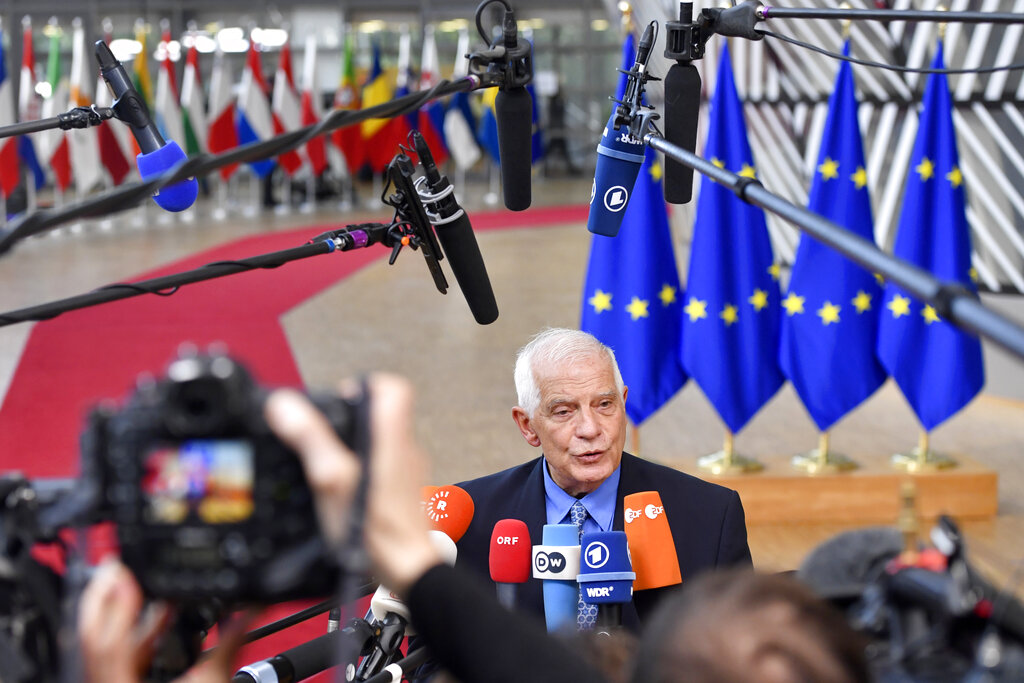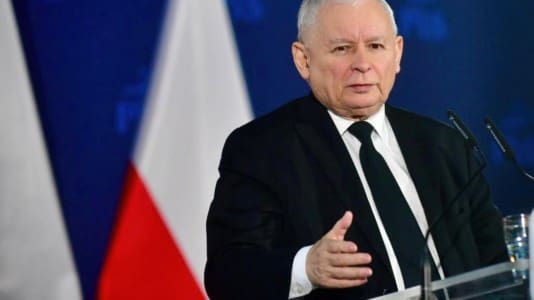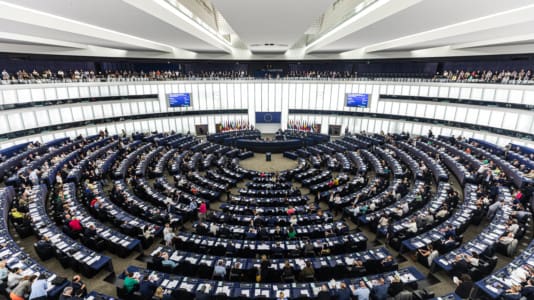All 27 EU member states on Wednesday voiced their disagreement with a proposal from the EU executive to cap the price of gas at €275/MWh. The plan drew criticism from both supporters and opponents of such a measure.
After months of infighting in the bloc, the European Commission proposed the cap ahead of Thursday’s meeting of energy ministers on the bloc’s latest emergency measures to alleviate an energy crisis as winter looms. The cap would be triggered if the price of one-month quotes on the Dutch gas exchange Title Transfer Facility (TTF) exceeds €275/MWh for two weeks and if, at the same time, prices are €58 higher than the global benchmark price for liquefied natural gas (LNG) for ten consecutive trading days.
The proposal drew criticism from advocates of decisive market intervention to bring down skyrocketing energy prices, which last August hit record highs after Russia cut supplies following EU sanctions over Russia’s invasion of Ukraine.
Polish Prime Minister Mateusz Morawiecki said the proposed level was “very high,” while another EU diplomat said: “It’s a cap that would not act as a ceiling.”
The one-month TTF has risen since the commission’s proposal on Tuesday, trading at over €130/MWh, compared to a peak of over €340 in August last year. Consultancy firm Eurointelligence said the commission’s proposed criteria meant the cap was “clearly designed not to be used: in other words, it is not intended to effectively cap prices.”
There are up to 15 EU countries calling for a robust cap. Among them, Belgium, Poland, Italy, and Greece have threatened to block further energy measures for approval on Thursday if the package does not contain an action plan to prevent excessive prices.
On the other side, however, there is a small but powerful camp, led by the EU’s largest economy, Germany. Along with the Netherlands, Sweden, and Finland, this group argued that a cap would push suppliers to sell elsewhere and reduce incentives to cut gas consumption.
In an attempt to allay those concerns, the commission said tracking the global LNG price would ensure suppliers continue to sell in Europe. It also proposed that mandatory gas savings would come into effect for the bloc if a cap is activated. This would mark a considerable change in EU policies, as member countries have so far only accepted voluntary cuts in gas consumption.






